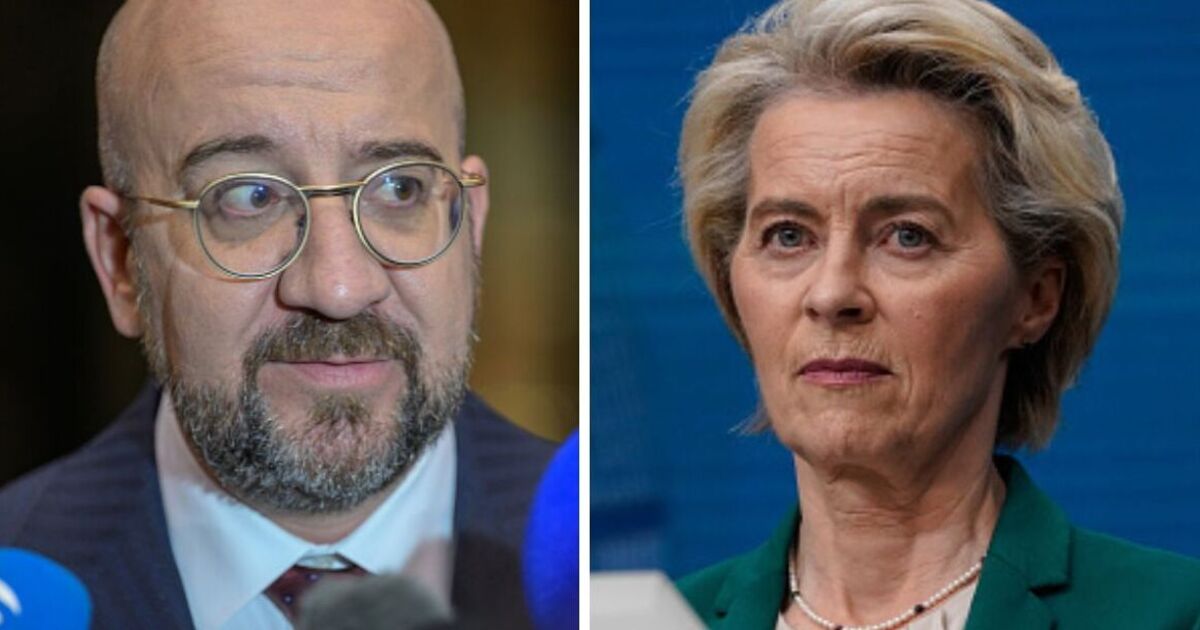European Council President Charles Michel has launched a thinly veiled attack on EU Commission President Ursula von der Leyen, suggesting that she has not prioritised impartiality in her role.
Speaking to reporters in Brussels, Michel emphasised the importance of the European Commission’s impartiality, stating that “for the efficiency of the EU and a more political Union, the impartiality of the Commission should be an absolute priority”.
He referenced Article 17 of the EU treaty, which outlines the EU’s institutional set-up, noting that the Commission’s impartiality is crucial for the functioning of the Union.
The implicit criticism of von der Leyen comes as tensions rise ahead of the 2024 European Elections, with concerns about misinformation and foreign interference also growing.
The elections are expected to take place between June 6 and June 9, and millions of Europeans will head to the polls to elect representatives to the European Parliament. However, with Russia seeking to influence the outcome, concerns have been raised about the spread of disinformation and propaganda on social media.
Research has shown that pro-Russia propaganda campaigns are being waged on social media platforms, targeting users in France and Germany, among others.
According to reports, these campaigns have been using attacks on prominent European leaders, including French President Emmanuel Macron and European Commission President Ursula von der Leyen.
Von der Leyen has previously spoken out about the need for stronger action to combat misinformation and foreign interference, proposing the creation of a European Democracy Shield if she is re-elected.
The European Council President’s comments have sparked concerns about von der Leyen’s ability to maintain impartiality in her role as head of the European Commission. As the EU’s chief executive, von der Leyen is responsible for implementing EU policies and ensuring that they are fair and equitable.
However, her critics argue that she has not always prioritised impartiality, instead using her position to promote her own political agenda.





